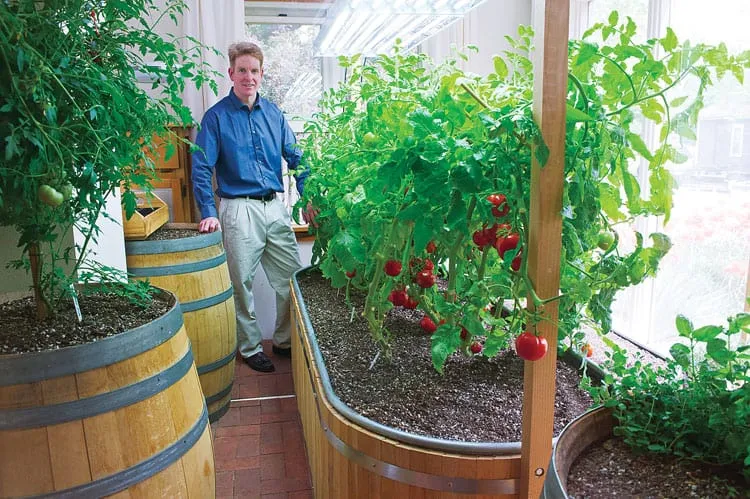Farm Tubs grow food, future for Boulder pair

BOULDER — When Susan and Bob Walsh were bitten by the grow-your-own-food bug four years ago, they were living in Washington where the growing season spanned six months out of a year.
“We took a small-acreage farming course and contemplated looking for farm property,” Bob said. “And then we learned we were probably too old.” Both Bob and Susan are in their 50s.
“We heard twenty-something farmers say they worked all the time, and that it was back-breaking work,” he said. Realizing that they had back issues already, their plan took a backseat.
The couple moved back to Boulder soon after the architectural…
THIS ARTICLE IS FOR SUBSCRIBERS ONLY
Continue reading for less than $3 per week!
Get a month of award-winning local business news, trends and insights
Access award-winning content today!
